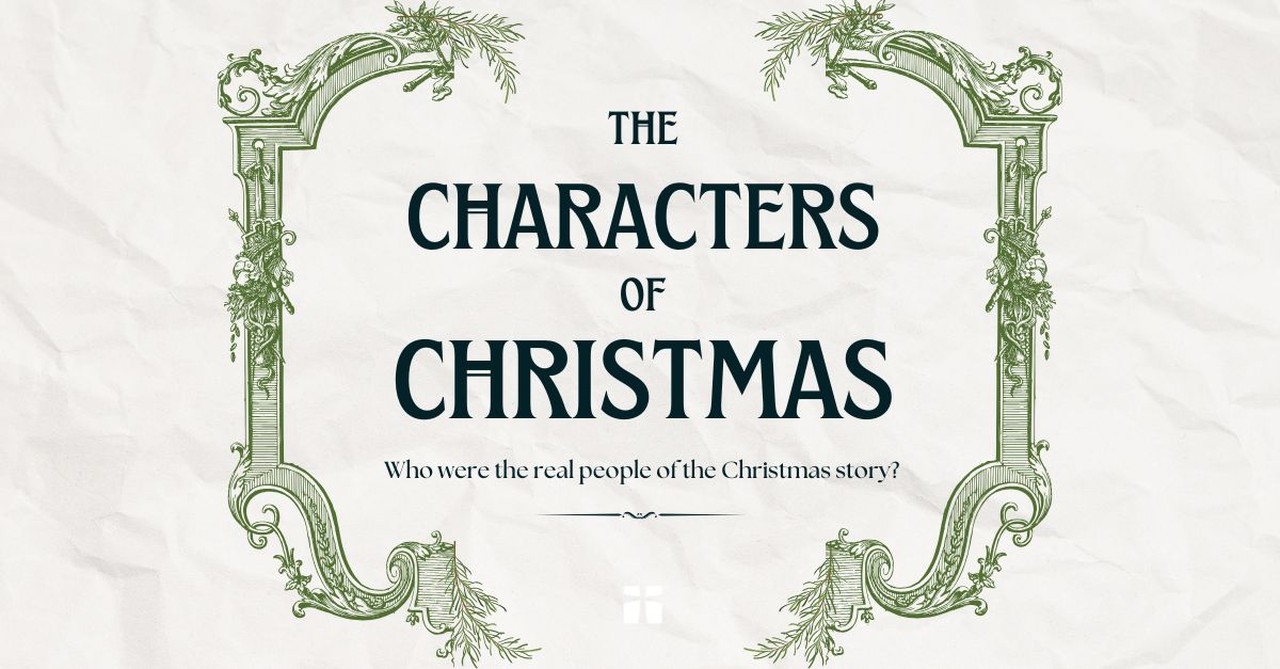Deuteronomy 21:15
15 If a man has two wives, and he loves one but not the other, and both bear him sons but the firstborn is the son of the wife he does not love,
Other Translations of Deuteronomy 21:15
King James Version
15 If a man have two wives, one beloved, and another hated, and they have born him children, both the beloved and the hated; and if the firstborn son be hers that was hated:
English Standard Version
15 "If a man has two wives, the one loved and the other unloved, and both the loved and the unloved have borne him children, and if the firstborn son belongs to the unloved,
The Message
15 When a man has two wives, one loved and the other hated, and they both give him sons, but the firstborn is from the hated wife,
New King James Version
15 "If a man has two wives, one loved and the other unloved, and they have borne him children, both the loved and the unloved, and if the firstborn son is of her who is unloved,
New Living Translation
15 "Suppose a man has two wives, but he loves one and not the other, and both have given him sons. And suppose the firstborn son is the son of the wife he does not love.



.jpg)
Matthew Henry's Commentary on Deuteronomy 21:15
Commentary on Deuteronomy 21:15-17
(Read Deuteronomy 21:15-17)
This law restrains men from disinheriting their eldest sons without just cause. The principle in this case as to children, is still binding to parents; they must give children their right without partiality.